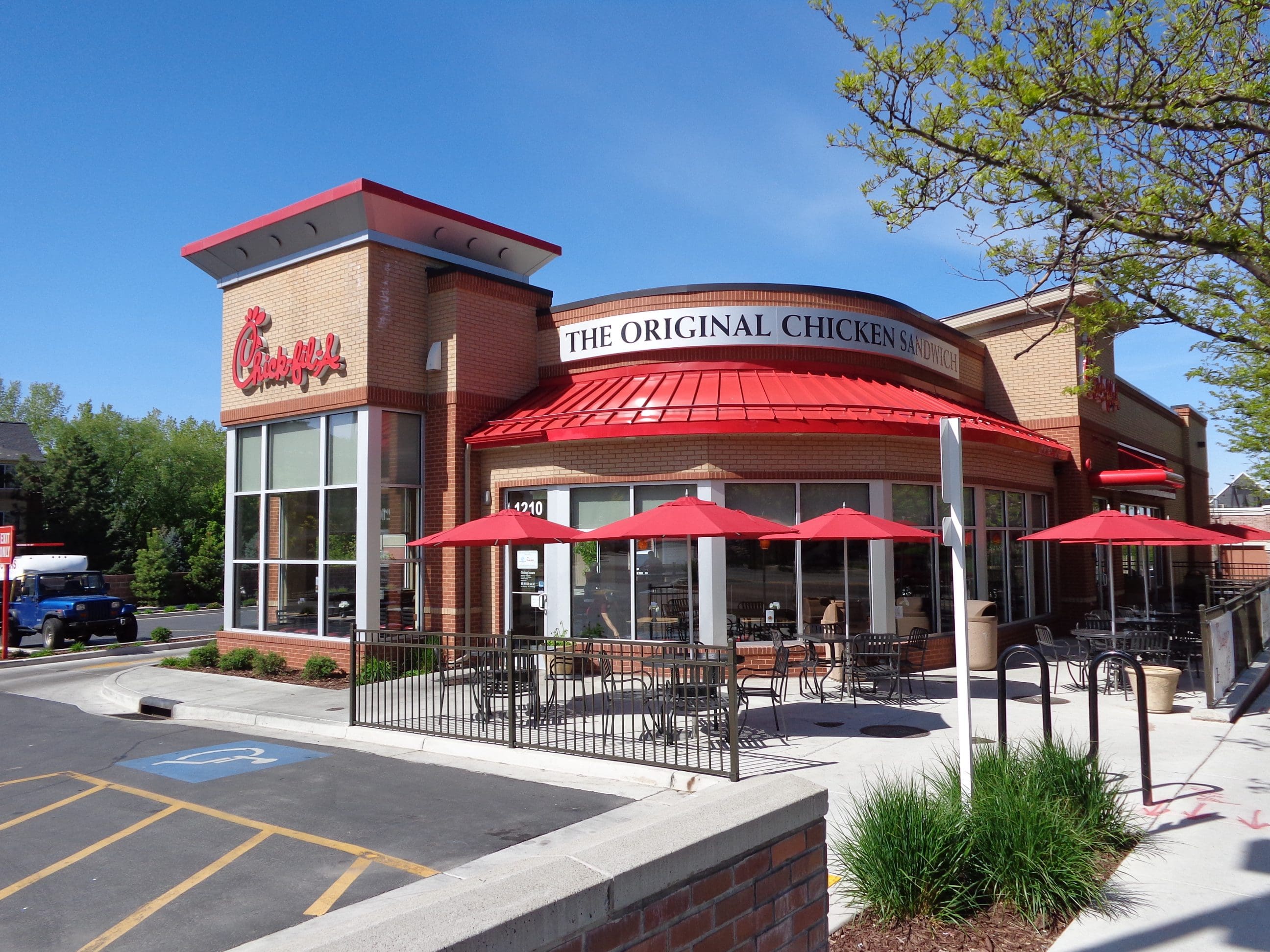San Antonio City Council is being sued for discriminating against Chick-fil-A.
Over the weekend, citizens filed a lawsuit against their city council, an action that comes as the latest chapter in a months-long saga.
The story began in March, when the San Antonio City Council voted 6-4 to ban Chick-fil-A from their airport terminal. Chick-fil-A was originally one of the restaurants set to be included by the airport’s retail contractor, but the council filed an amendment to exclude the company due to its owners’ beliefs on marriage. Council members were upset Chick-fil-A was “funding anti-LGBTQ organizations,” donating to groups such as the Fellowship of Christian Athletes and the Salvation Army.
“With this decision, the City Council reaffirmed the work our city has done to become a champion of equality and inclusion,” said Council Member Robert Treviño, after excluding the company solely because he disagrees with their beliefs. “San Antonio is a city full of compassion, and we do not have room in our public facilities for a business with a legacy of anti-LGBTQ behavior. Everyone has a place here, and everyone should feel welcome when they walk through our airport.”
Everyone is welcome, apparently, except those Treviño disagrees with.
The decision drew nationwide backlash, including an ongoing investigation by Texas Attorney General Ken Paxton. San Antonio Mayor Ron Nirenberg tried to backpedal his rationale for discriminating against the company, claiming he banned Chick-fil-A because they are not open on Sundays, though Chick-fil-A was rated as the “Best Franchise Brand” by Airport Review News last year.
The Texas Legislature took notice of the council’s decision and passed a new state law, nicknamed the “Save Chick-fil-A bill,” that will now prevent local governments from discriminating against companies because of donations to a religious organization.
With the lawsuit, citizens are seeking to compel the city to stop discriminating against Chick-fil-A and to install the chicken eatery into the airport terminal, “consistent with the proposal submitted by [the airport retail contractor] before the Treviño amendment.”
The lawsuit currently awaits further action in Bexar County’s district court.





